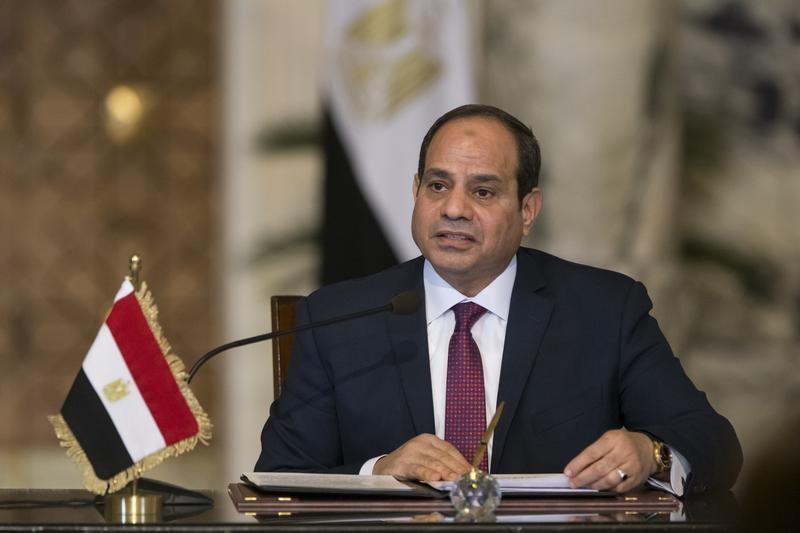Rumours about a planned protest against President Abdel Fatah Al Sisi has led the police to randomly search mobile devices without warrants. This has also led to the arrest of 1900 people who were allegedly found to be involved in the protest.
There have been online criticism on Al Sisi administration in recent times. Due to tensions concerning the protests, the Tahrir square has been heavily guarded by the police. The Al Sisi administration has become synonymous for curtailing citizen’s freedom of speech on social media platforms to stop the spread of fake news.
In 2018, a law was enacted to regulate online media publications and social media activities in Egypt. Hence, only licensed media platforms of the Supreme Media Regulation Council were allowed to publish articles. The license is issued once the application is approved and 50000 Egyptian pounds ($2700) is received from the media platform.
See also: 10 African Techpreneurs Emerge Finalists of Africa Netpreneur Prize Initiative
The Supreme Media Regulation Council also regulates social media accounts with more than 5000 followers. In 2018, Egypt’s parliament approved and passed a bill to regulate these accounts. The government has appointed officials to block the social media accounts with more than 5000 followers that spread fake news.
The restriction of social media is not suffered only in Egypt. The social media has been used to interfere with political activities in Nigeria, Senegal, Togo, Angola, Niger, and Tunisia. Facebook has been in the news for curbing the spread of fake news in Africa. More recently, it partnered with Africa Check, an independent fact-checking organization to add checks to local language contents on its platform.
Stopping the spread of rumours on social media is good but should be addressed from a better approach rather than harassing citizens. Curbing the spread of fake news should not be an excuse to attack citizen’s freedom of speech.
More on TechGIst Africa:
- Lidya, Nigerian SME Lending Platform Expands to Europe
- Two African Startups Recognized at the Global SME Finance Forum Awards
- AU’s New Initiative to Sponsor Tech Solutions to Tackle Forced Displacement in Africa
- Safaricom Honors Eliud Kipchoge, the Kenyan Olympic Marathon Champion
- 5 not-so-popular Platforms that Operates like Andela for Software Developers in Africa
